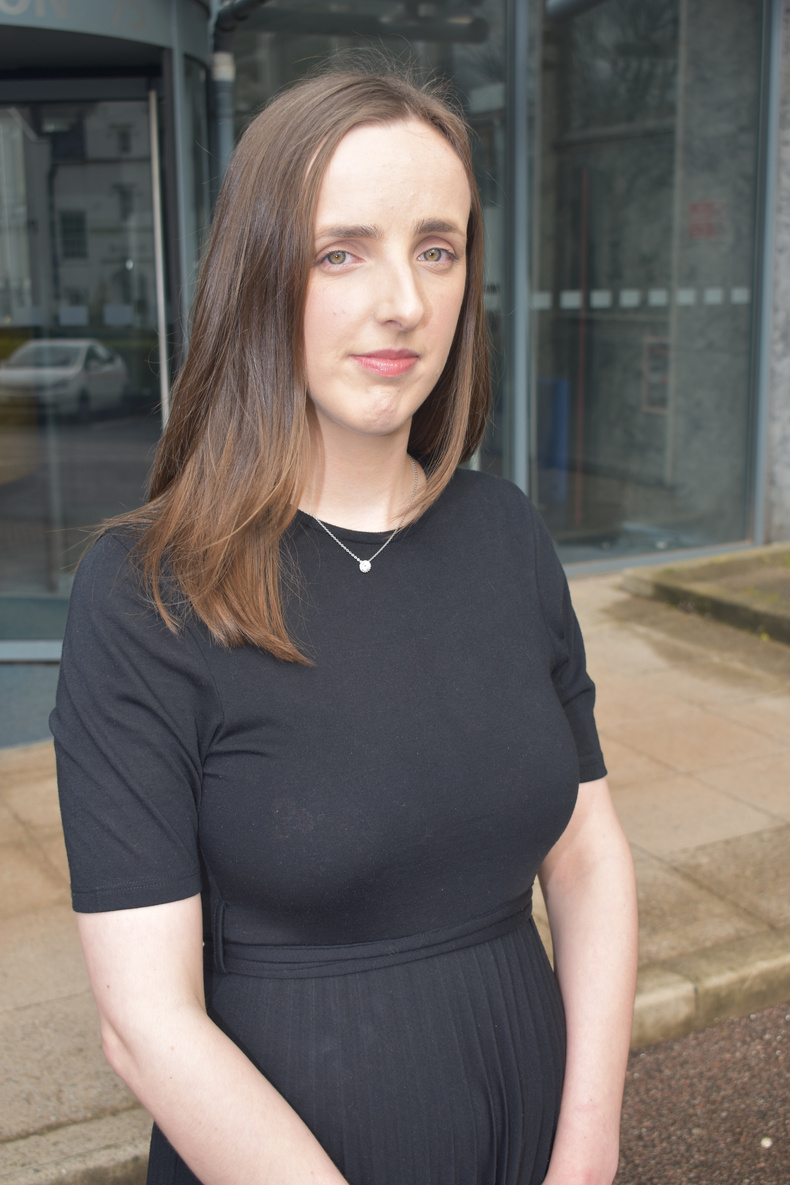Fiscal intervention required as interest rates rise again - Chamber

Financial intervention is needed from the Government to address the soaring cost of doing business following yesterday 's decision to raise interest rates, business leaders said.
The Bank of England raised the base rate of interest to one per cent in a bid to move against surging inflation.
It is the fourth consecutive increase and brings interest rates to a 13-year high.
Policymakers had been widely tipped to raise the Bank rate to one per cent from 0.75 per cent given inflation is expected to rise sharply due to the impact of higher energy bills.
Inflationary pressure has surged as a result of Russia 's invasion of Ukraine, which has impacted significantly on energy prices.
Erin Henwood (pictured), policy advisor at Greater Birmingham Chambers of Commerce, said: “Given the financial strain that many firms are currently under, and the tumultuous economic outlook for the next few months, businesses may be understandably alarmed by yesterday 's decision from the Bank of England to raise interest rates.
“Raising interest rates will do little to quell soaring inflation - which is currently at its highest level in 30 years - or address the geopolitical factors and supply chain issues driving the surge.
“With monetary policy continuing to tighten, and the Bank warning of a potential recession, fiscal intervention is urgently needed to address the 'cost of doing business ' crisis, help firms continue their post-pandemic recovery, and stimulate the country 's economy. ”
Chamber members have also been reacting to the interest rates rise.
The British Independent Retailers Association (Bira) described it as "inevitable yet not surprising".
Bira's CEO Andrew Goodacre said: "This latest increase to 1 per cent seemed inevitable and we are not surprised to see revised forecasts expecting 10 per cent inflation by the end of the year.
"Since last summer we have been warning of double digit supply chain inflation that would result in higher prices. However, retailers are doing all they can to limit the price increases as they recognise that the shoppers have less money to spend.
"Whilst we hope this latest increase reduces inflation, we worry that it will further damage consumer confidence and reduce expenditure. Furthermore, we are concerned about the rising cost of debt payments as a result in interest rate rises as many more independent retailers have increased levels of debt due to Covid.
"We feel that government needs to review the options for paying back the bounce back loans and offer more flexibility to the businesses dealing with a tsunami of cost increases."
Hinesh Patel, portfolio manager at investment firm Quilter Investors, likened the decision to “shuffling deckchairs on the Titanic ”, adding: “Whilst the Bank has shown good form at soothing volatility in domestic funding markets, it has little control of external forces with the exception of trying to support the FX rate.
“Inflation hit a 30-year high of 7 per cent in March, and the BoE predicts it will hit just over 9 per cent during the second quarter and likely higher still in the second half of the year, averaging slightly over 10% at its peak in 2022 Q4. Given this, the BoE had no choice but to increase rates further still.
“It is continuing to build in some insurance now should there be a slowdown in economic growth or the jobs market stumbles.
“With the significant economic impact of the Russia-Ukraine war alongside a multitude of other global risks and plunging consumer confidence, growth will no doubt be challenged and the Bank may be forced to stop tightening even as soon as this year.
“For now, however, it must continue on its path to prevent sterling devaluing further and intensifying the household squeeze. Savings rates could improve following this rate rise, though will only be marginal offset the cost of living crisis currently being faced.
“With the Fed moving harder with rates, many will have hoped to have seen the same from the BoE. With inflation continuing to soar, the Bank risks doing too little too late. ”
